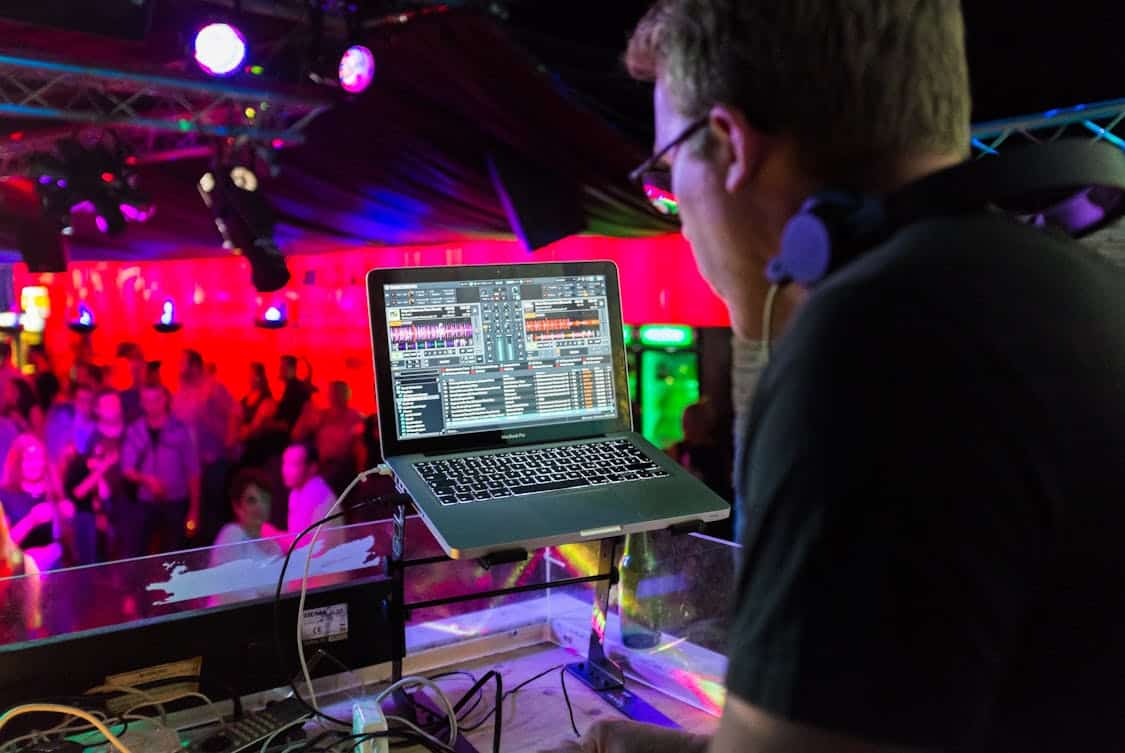Finding the right performer can turn a gathering into a memory that people talk about for years to come. A good fit blends timing, talent, and temperament so guests feel engaged and hosts feel relaxed.
Start with a clear sense of what you want the performer to achieve and who will be in the room, then let those facts guide the search.
Clarify Event Style And Goals
Begin by naming the mood you want to create and the role the act will play at the event, whether it is background charm during dinner or a show stopping set that pulls everyone to the dance floor.
Think about the crowd size, age range, and cultural notes because a performer who works wonders for a young, rowdy crowd may not land the same way at an intimate family celebration.
Make a short list of must haves such as vocal range, repertoire, or the ability to engage children, and mark anything that is a non negotiable. When you know the desired effect and the limits of the venue you can speak to candidates with clarity and confidence.
Match Performer Type To Guest Profile

Different types of acts serve distinct purposes so be explicit about whether you want music, magic, comedy, interactive games, or a blend that keeps energy varied.
If guests skew older, classic standards and elegant string players often strike the right chord, while a younger crowd might respond better to a DJ with live mixing or a high energy band.
Many event planners find Dragged To drag queens ideal for younger or more lively crowds, as their performances naturally create excitement and engagement.
Pay attention to cultural expectations and any faith based elements so performances align with values and avoid awkward moments. Choosing a performer who already has experience with similar groups will reduce surprises and make the night flow more naturally.
Review Experience And References
Ask for a resume or summary of past events and then check for independent confirmation by contacting previous clients or venues where the act has played.
References do not just vouch for skill they reveal how the performer handles pressure, unexpected requests, and time management on the day of the event. Request examples that match your setting and ask specific questions about punctuality, setup, volume control, and how they interacted with the host and the crowd.
A pattern of reliable answers and repeat bookings is a powerful sign the performer can be trusted to deliver.
Watch Demo Videos And Live Clips
A video will show stage presence, pacing, and how the performer connects with an audience in a way written bios cannot capture.
Inspect a mix of polished studio clips and raw live footage because rehearsal polish is useful but genuine crowd reaction tells the fuller story. Pay attention to variety within their material so you can tell if they can pivot when the vibe shifts during an event.
If possible, see them live in a small gig or open mic setting to get a real feel for tone and timing.
Check Logistics And Technical Needs
Confirm the physical requirements such as space, power access, and load in time because what fits in a venue listing on paper can fail in real life if gear needs are overlooked.
Ask about sound checks, staging, and requirements for lighting or microphones and make sure the venue can meet those needs or that you are comfortable with a streamlined setup.
Understand travel, parking, and whether a stagehand or assistant is necessary so the act can arrive and perform with minimal fuss. Clear technical planning prevents last minute scrambling and keeps energy positive on the day.
Plan The Flow And Timing
Decide where the performer fits into the timeline and create a minute by minute plan that includes buffer time for meal service, speeches, and transitions between acts.
Communicate start and end times with the performer and set expectations for encore or overtime policies so everyone works from the same clock.
Schedule a briefing with the performer and emcee so cues are simple and the host does not need to run interference at the last second. Careful sequencing keeps guests engaged and prevents long lulls that can cool a room.
Communicate Expectations Clearly
Put key expectations in writing so both parties have the same idea about song lists, costume needs, audience interaction rules, and family sensitive topics that should be avoided.
Be explicit about any guest moments such as first dances, special dedications, or surprise presentations so the performer can prepare or propose alternatives that will land well.
Discuss how the performer should handle interruptions or requests that stray from the agreed plan so they have a protocol to follow. Clear lines of communication reduce friction and make the performer an ally in delivering the kind of night you want.
Budget Smart And Negotiate Fairly
Set a realistic budget that reflects the performer type, travel, setup time, and any assistant fees while keeping in mind that top talent is often booked early and commands higher rates.
When you negotiate be courteous and open about constraints but do not ask for professional quality at an amateur rate, because fairness breeds goodwill and better service on the day.
Ask about payment schedule, deposits, cancellation terms, and whether there are hidden fees for overtime or special requests so the final contract matches expectations. A fair deal creates a partnership where both the host and the performer feel respected and motivated to make the event memorable.








